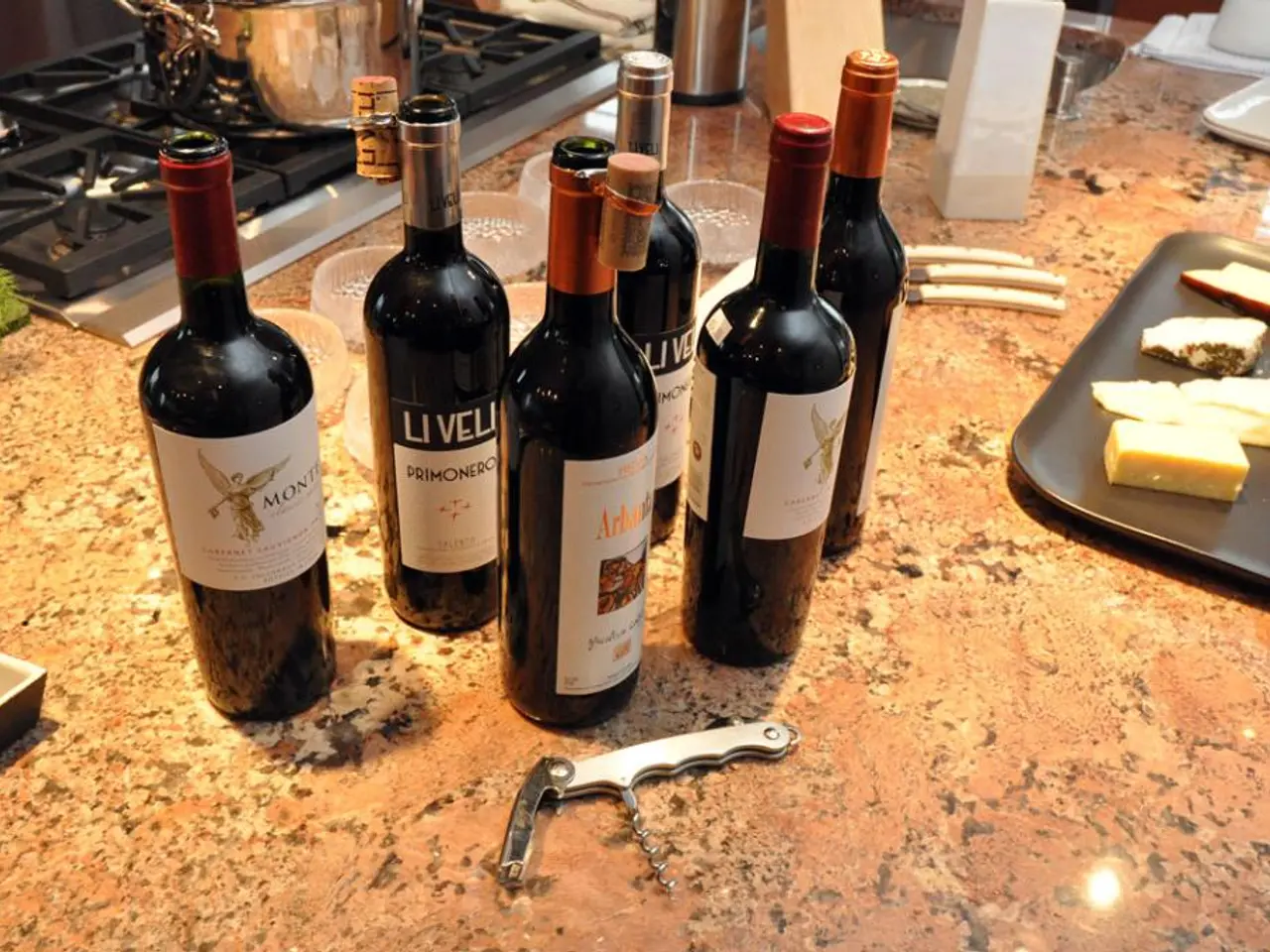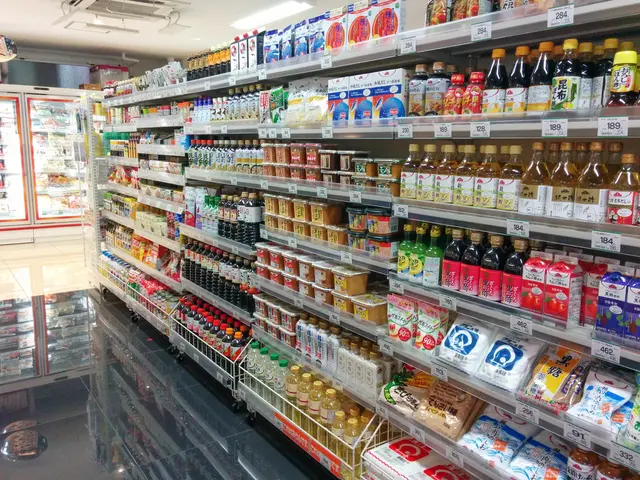Panoramic View of Vienna from St. Stephen's Cathedral
Vienna's Culinary Delights: A Melting Pot of Tradition and Innovation
Vienna, the city of Mozart, Freud, and Klimt, is not just a cultural hub but also a gastronomic paradise. Its culinary scene is a delightful blend of traditional Austrian dishes and modern innovations, reflecting the city's rich history and its embrace of the contemporary.
Traditional Viennese cuisine is deeply rooted in Austria’s imperial history and Central European culinary traditions. Dishes like Wiener schnitzel (breaded veal cutlet), Tafelspitz (boiled beef), and Apfelstrudel (apple strudel) are the cornerstones of this culinary heritage[1][4]. The Imperial Torte (Kaisertorte) is another signature Viennese dessert, symbolizing the rich pastry tradition associated with the Austro-Hungarian Empire’s elegance and gourmet culture.
The significance of traditional Viennese cuisine extends beyond food itself, serving as a cultural emblem intertwined with the city's history. Cafés like Café Central, where intellectual and political figures shaped early 20th-century Europe over classic Viennese coffee and pastries like Apfelstrudel, are a testament to this[4].
In contemporary times, Vienna boasts a vibrant culinary scene that bridges its imperial gastronomic legacy with modern innovation. Esteemed restaurants like Konstantin Filippou and Tian represent this evolution:
- Konstantin Filippou combines Mediterranean influences with Austrian ingredients, presenting refined, modern Austrian cuisine that respects tradition but innovates in technique and presentation.
- Tian is a Michelin-starred vegetarian restaurant that reinterprets Austrian and international flavors with a focus on sustainability and creativity, reflecting modern culinary values while honoring the essence of regional produce and tradition[2].
Together, these restaurants continue Vienna’s culinary heritage by offering sophisticated dining that pays homage to history yet pushes the boundaries of modern gastronomy, making the city a dynamic destination for both traditional and contemporary food lovers.
Gegenbauer, known as the "vinegar pope," produces a variety of vinegars in Vienna, including asparagus, raspberry, apple balsamic, cucumber, and tomato vinegars. His chickens eat the husks of the raspberry seeds used in his vinegar and oil, which can be tasted in their eggs. Gegenbauer keeps his apple balsamic vinegar barrels on the roof of his building, where they age for five years[3].
Vienna is also famous for its café culture, kaffeehauskultur, which emerged in the late 19th century. Cafe Landtmann, a historical café, offers apple strudel and mélange, the Viennese equivalent of a cappuccino. Chocolate shops in Vienna are elaborate altars to cacao, with Demel being particularly crowded due to its beauty[3].
Sausage stands in Vienna sell various types of sausages, including kasekreiner (cheese sausage) and traditional wiener in a roll with fried onions. Lugeck serves its own sourdough with goose lard, caramelized sweet butter, or pumpkin spread. The city has a high number of würstelständes (sausage kiosks), indicating the city’s love for sausages[3].
Naschmarkt is a food market in Vienna that features local producers, shops, restaurants, and is a great spot for a platter of meats and cheese. Zum Schwarzen Kameel, an art nouveau restaurant, bar, delicatessen, and patisserie, is a notable old-school classic in Vienna[3].
Johannes Lingenhel, a producer in Vienna, makes Vienna’s only fresh cheese, using milk from his own water buffalos. Hotel Imperial, located on the city’s glittering Ringstrasse, is known for its exquisite Imperial torte, a cake made from crispy layers of ground almonds, wafers, whipped egg whites, and sugar[3].
In summary:
| Aspect | Traditional Viennese Cuisine | Modern Viennese Cuisine | |-------------------------|-------------------------------------------------|-----------------------------------------------| | Key Dishes | Wiener schnitzel, Tafelspitz, Apfelstrudel, Imperial Torte | Creative interpretations, vegetarian innovations (e.g., Tian) | | Historical Significance | Reflects imperial and Central European heritage; cultural identity linked to Viennese cafés and historic social life | Fusion of local ingredients with modern techniques and global influences | | Notable Restaurants | Traditional Beisln, historic cafés | Konstantin Filippou (modern Austrian-Mediterranean), Tian (vegetarian fine dining) |
This culinary duality defines Vienna’s food culture as a living bridge between its illustrious past and its innovative present[1][2][4].
[1] Vienna's Culinary Delights: A Journey Through Time and Taste
[2] Tian: A Vegetarian Gem in Vienna
[3] The Ultimate Guide to Vienna's Food Scene
[4] Viennese Cafés: A Cultural History
Read also:
- Top 5 ASX-Listed Graphite Companies Projected for 2025
- Affordable, Comprehensive Energy Storage Solution for Small-Scale Power Plants: The Marstek Jupiter C Plus, Priced Under 220 € per Kilowatt-Hour, Offers a 100 € Discount per Set.
- Sunscreen: Its Capabilities and Limitations - Unveiling the Facts About Its Protection and Inefficiencies
- Stunning Showcase Strategies to Amaze Your Spectators







